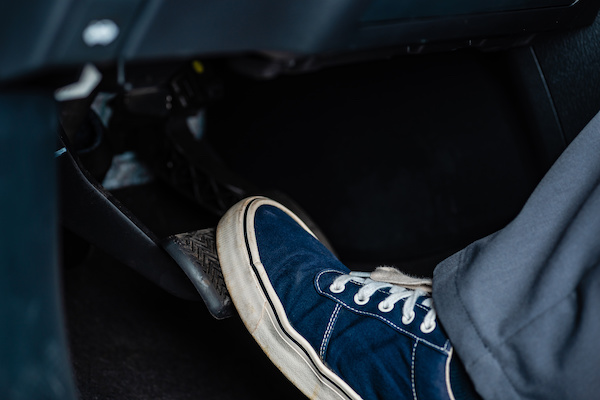
As a driver, it's common to develop a unique connection with your car making it easy to tell when something is wrong. While every part of your car plays a critical role in its functionality, comfort, and efficiency, some features are more sensitive than others.
The brakes, for instance, are critical for safe driving and stopping your vehicle. But when you apply the brakes, and your pedal or steering wheel shakes, it's a cause of concern and trouble. Vibrations when you brake, mean it's time to head to the nearest auto repair shop to prevent further safety issues.
Major causes of a Brake Shudder
While vibrations or a brake shudder should not cause panic, it may signal a series of issues if ignored. However, a few causes of a brake shudder are not always a reason for a brake replacement. You should identify whether the shaking comes from the pedal or the steering.
If a shudder is felt on the steering, it is likely an issue with the front braking discs. Vibrations felt on the pedal signal a problem with the rear wheels. The source will most likely indicate the cause of the shaking when you brake. But here are more reasons why your car shakes when you brake.
Worn, damaged, or warped brakes may cause your car to shake when you brake. A squeaking sound may also accompany the shaking. If you notice this in your vehicle, replace your brake pads. The pads could also be dirty, requiring some maintenance.
Due to the hydraulic pressure on the brake rotors during braking, they may become warped. When this happens, you may experience shaking when you brake, but it requires an inspection by an expert.
When your car's suspension is out of alignment, you will experience a brake shudder. In most cases, it also causes uneven tear and wear. If left unchecked, it will damage your suspension system.
Another common reason for your car shaking when you brake is worn tires. Also, you may have an unbalanced tire or uneven pressure. Make sure you first check your tires when you experience brake shuddering.